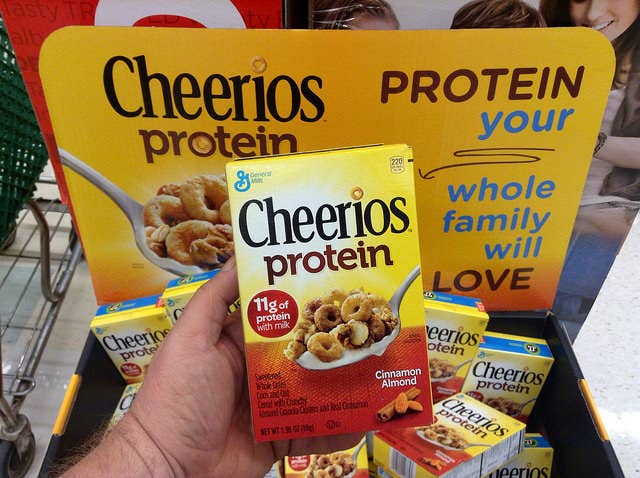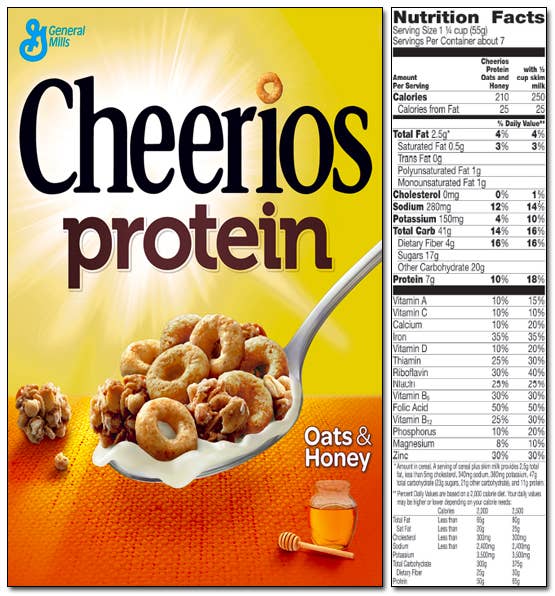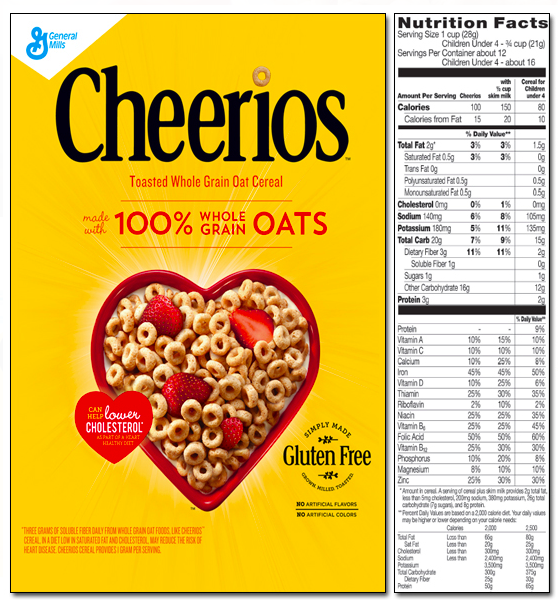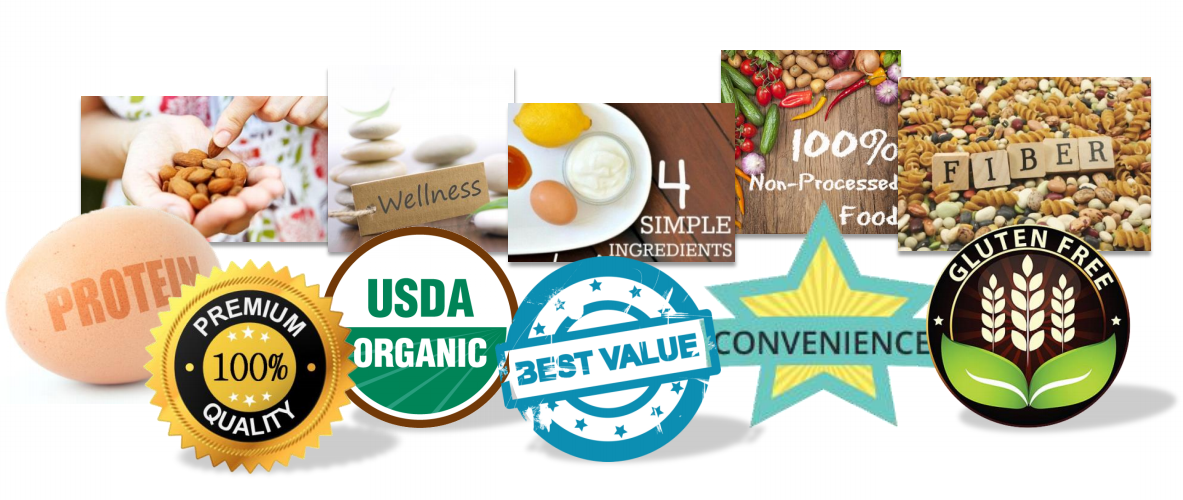
The maker of one of America's favorite cereal brands could have a problem on its hands after attempting to appeal to the high-protein diet crowd. Eating a bowl of the new Cheerios Protein cereal provides 10% of your recommended daily value of protein, its maker says, but a new lawsuit is calling its claims into question.
A serving of Original Cheerios contains 3g of protein, and a serving of Cheerios Protein contains 7g — but here's the critical detail: the serving sizes used to calculate these numbers are not the same. A serving of Original Cheerios is 28g, while a serving of Cheerios Protein is 55g, according to the nutrition labels. Most of the additional protein, the lawsuit claims, "is attributable to differences in serving sizes."
The lawsuit, filed by the nonprofit advocacy group the Center for Science in the Public Interest and two law firms, claims it's wrong of Cheerios market General Mills to market the cereal as a good source of the nutrient. It also complains that while consumers pay a premium to buy Cheerios Protein, expecting a healthier product, it contains 17g of sugar per serving versus 1g in the Original version.
None of these values are a secret: Cheerios discloses them in the nutritional details on the box.
But the plaintiffs say the marketing of the product is misleading, and the lawsuit reflects consumers' confusion and frustration with the growing number of health claims made by food manufacturers. As the companies try to ride the wave of new eating trends — organic food, non-GMO and natural ingredients, high-protein diets — supermarkets are filling with new, on-trend versions of old-school brands.


The plaintiffs want General Mills to stop "false and misleading marketing practices with regard to Cheerios Protein," and seek damages.
General Mills spokesman Mike Siemienas said in an emailed statement: "We don’t normally respond to these publicity-seeking lawsuits from CSPI – but we do reject their comparison. An equal amount of Cheerios Protein contains 18% more protein by weight than original Cheerios."
According to the U.S. Food and Drug Administration, a product can claim to be a "good source" of a nutrient if it contains 10-19% of the recommended daily value. "Cheerios Protein is accurately labeled – and provides a good source of protein in every labelled serving," Siemienas said.

Protein is just one property General Mills has focused on in its new product development and marketing. It has also pushed gluten-free and organic lines. There have been hiccups, however.
A manufacturing mistake recently caused wheat flour to be used to make a batch of the cereal. About a month after, General Mills recalled 1.8 million boxes of Cheerios and Honey Nut Cheerios, and a lawsuit was filed for putting consumers with gluten allergies at risk.
